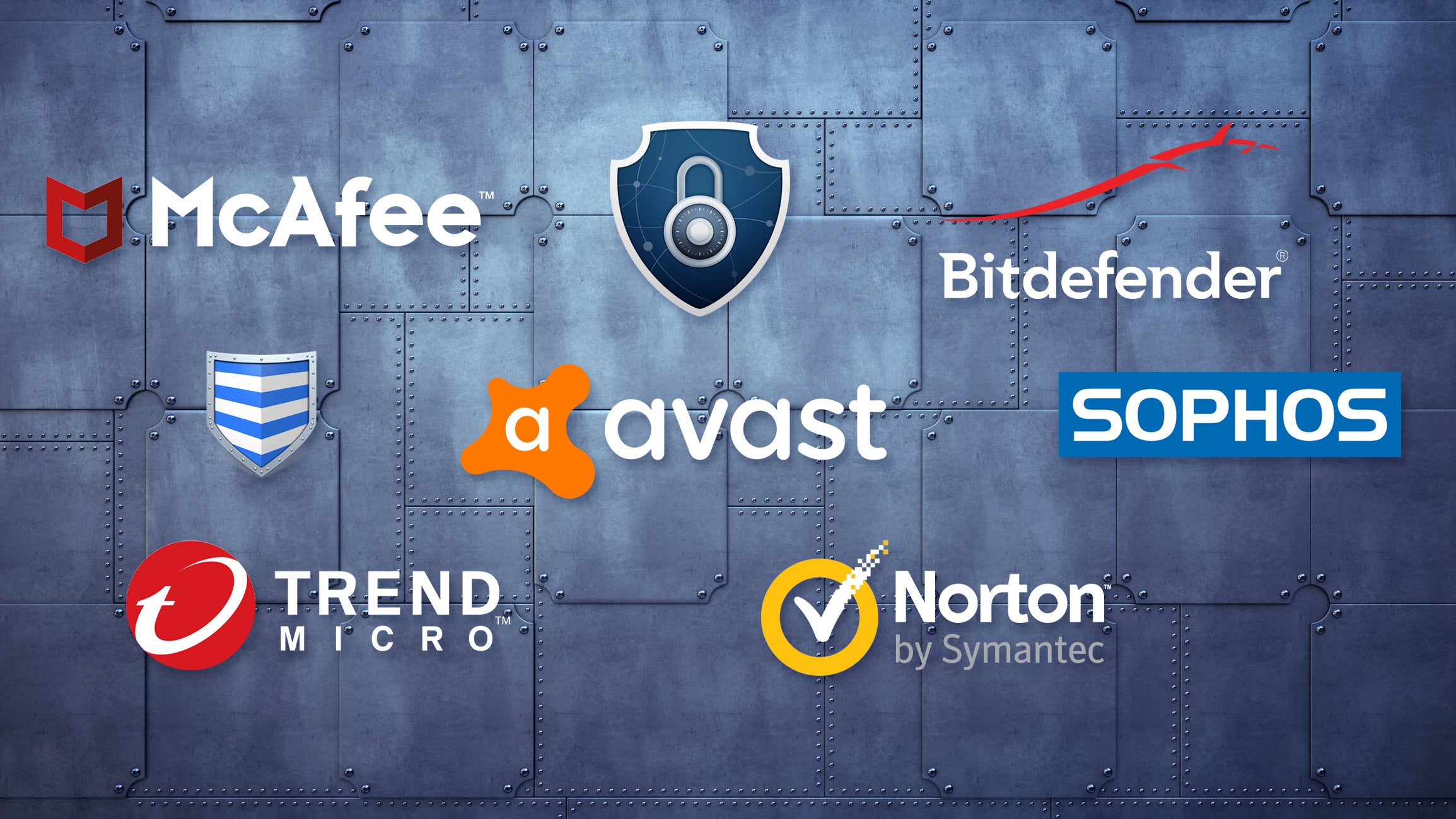Best Antivirus And Spyware For Mac
Quicken willmaker plus 2013 for mac. In most cases, a durable power of attorney for finances is the best way to take care of tasks like these. You can also give your attorney-in-fact authority over your digital assets.
Top 10 Best Free Antivirus Software 2019 Free antivirus providers are now hard to find, many who used to offer free accounts now make you pay for their services. Some good news is there is still some fantastic free antivirus software.
If you just need a spyware cleaner, and need it right now without waiting for one of these full AV programs to install, use one of the (preferably portable) applications from our Best Free Spyware Removal Tools list. Also consider installing a Windows Firewall alternative from this list of Free Firewall Programs. Can you use a my passport for mac on a pc. For features and performance, Kaspersky and Bitdefender are the best antivirus programs money can buy. If your budget is tight, however, Avast is a good, and free, alternative. Mac users, we have you covered as well and name the best paid and free antivirus protection for Apple computers.
Protecting your computer from viruses has always been important but is now more vital than ever in today’s ever evolving technological age. Searching for the best free antivirus isn’t always easy, finding the right solution to suit your needs and budget can be a hassle. Here are some great free antivirus options. We receive advertising revenue from some of the antivirus software we showcase more information. The purpose of free antivirus software is to prevent installation of, detect and remove malicious software (also known as malware).

Through scans of every file on your computer, an antivirus software can flag up potentially harmful software and take action on them. This type of software is critical for the users to have installed and up-to-date because a computer without antivirus software installed could potentially become infected within minutes of being connected to the internet.
There are various different companies that offer antivirus software and what each free package offers can differ but they are all designed to perform the following basic functions: • Real-time scanning to detect any live changes to the PC • Scan specific locations or files for viruses • Allow you to schedule scans to automatically run • Enable you to initiate a scan manually on a specific device, directory or file at any time. • Remove detected malicious software It is very important to keep your antivirus up-to-date because virus creators are always adapting their code to find a way through antivirus software. If you don’t keep your software up-to-date, then you could be leaving your devices open to infection as soon as you connect to the internet! As well as performing these basic functions, some of the best antivirus software makers have moved into the PC optimization world, offering a ‘boost’ of your PC in hopes to speed up the boot times and general performance of your computer. These processes run hand in hand, as both are designed to run a scan and take action on the findings, why not do both clean up and speed up if you are doing a full PC scan? Another common feature of the best free antivirus products is a ‘File Shredder’, which ‘deep deletes’ files, leaving no trace of sensitive files on your PC.
A standard delete is often recoverable through inspection of a hard drive, a file shred cannot be recovered. This is a great feature because the majority of computer users are not aware that files deleted with a standard delete function can be retrieved, by being able to completely wipe a file from your hard drive you are better protected - an antivirus’ main goal.
Many antiviruses also contain a firewall, a program which acts as a barrier to block unauthorized access / software from getting to a computer or network. A computer virus is a piece of code (sometimes as little as 1 line, or as large as a complete program) to which is capable of copying itself and typically has a detrimental effect to a PC, such as corrupting the system, destroying data or gathering personal information. A virus is a type of malware, which stands for malicious software - software designed to cause damage to system files, copy data, crash a computer or infect multiple devices on a network.
